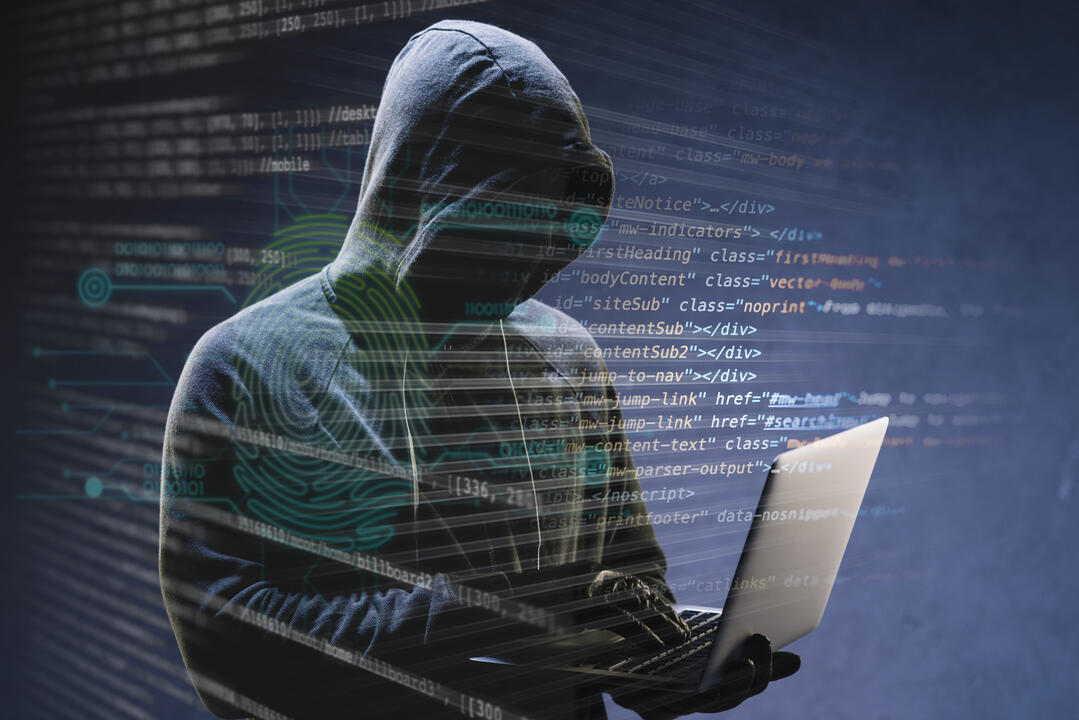In today’s interconnected world, cyber security isn’t just an IT issue; it’s a vital aspect of protecting your business and personal life. Whether you’re running a small business or managing your personal online presence, cyber threats are real and ever-present. The good news? With the right precautions, you can significantly reduce your risk of falling victim to cyber crime.
Why Cyber Security Matters
Cyber crime can affect anyone. For businesses, a cyber attack can mean lost revenue, legal issues, and a damaged reputation. For individuals, it can lead to identity theft, financial loss, and a breach of privacy. The stakes are high, but so are the rewards for taking proactive measures to protect yourself and your business.
1. Educate Yourself and Your Team
Knowledge is your first line of defense. Understanding common cyber threats like phishing, ransomware, and malware can help you recognize and avoid them. Regular training sessions for your employees can keep everyone vigilant and informed.
Pro Tip: Implement a cyber security awareness program in your workplace. Make it engaging and update it regularly to cover the latest threats.
2. Use Strong, Unique Passwords
Weak passwords are an open invitation for cyber criminals. Ensure that all your accounts are protected with strong, unique passwords. A strong password typically includes a mix of upper and lower case letters, numbers, and special characters.
Pro Tip: Consider using a password manager to keep track of your passwords securely. This tool can also generate strong passwords for you.
3. Enable Multi-Factor Authentication (MFA)
Multi-Factor Authentication adds an extra layer of security by requiring not just a password, but also a second form of verification. This could be a text message code, an email confirmation, or a biometric factor like a fingerprint.
Pro Tip: Enable MFA on all your important accounts, including email, banking, and social media.
4. Keep Your Software Updated
Software updates often include security patches that protect against new threats. Ensure that your operating systems, applications, and anti-virus programs are always up to date.
Pro Tip: Turn on automatic updates for your devices and software to ensure you’re always protected.
5. Backup Your Data Regularly
Regular backups can save you from losing valuable information in the event of a cyber attack. Store your backups in a secure location, preferably offline or in the cloud with strong encryption.
Pro Tip: Schedule automatic backups to run at regular intervals and periodically test them to ensure they can be restored successfully.
6. Be Wary of Phishing Attempts
Phishing attacks often come in the form of emails or messages that appear to be from legitimate sources. They typically contain links or attachments designed to steal your information or infect your device with malware.
Pro Tip: Always verify the sender’s address and never click on suspicious links or attachments. When in doubt, contact the source directly using a known, trusted method.
7. Secure Your Wi-Fi Network
Your Wi-Fi network can be a gateway for cyber criminals if it’s not properly secured. Use strong encryption methods like WPA3, change the default router password, and hide your network SSID if possible.
Pro Tip: Set up a guest network for visitors to keep your primary network more secure.
8. Implement a Robust Firewall
Firewalls act as a barrier between your network and potential threats from the internet. They can block malicious traffic and prevent unauthorized access.
Pro Tip: Ensure your firewall is properly configured and regularly updated to tackle new threats.
Final Thoughts
Cyber security is a shared responsibility. By taking these precautions, you can create a safer online environment for yourself and your business. Remember, the best defense is a good offense—stay informed, stay updated, and stay secure.
Stay safe and secure.




